Ragnarok Online 3 Pre-Order DetailsRagnarok Online 3 is not yet open for pre-order on any official storefront. Stay tuned for updates as soon as official announcements are made.Similar Games to Try
Author: AidenReading:0
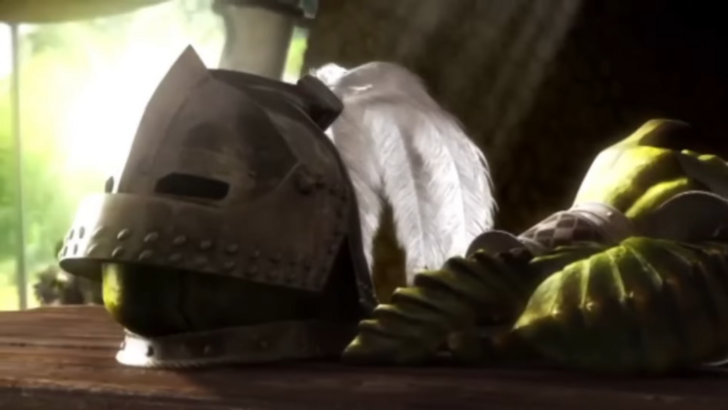
Monster Hunter's narrative is often overlooked due to its straightforward nature, but a closer look reveals surprising depth. This deep dive explores the overarching themes and evolving storylines within the series.
← Return to Monster Hunter Wilds' main article
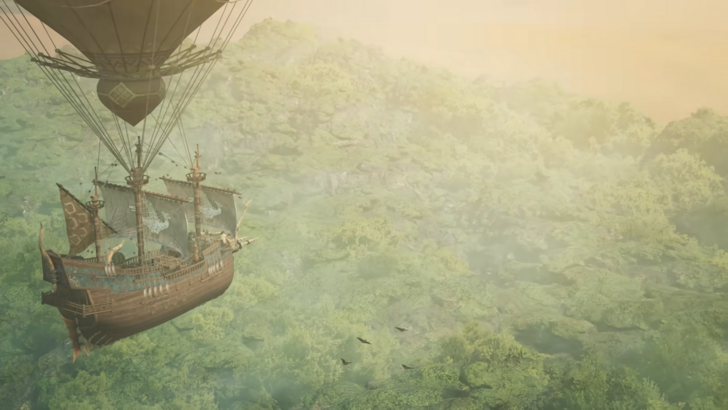
The Monster Hunter series isn't known for its complex narratives. Many consider the story secondary to the gameplay, a consequence of its mission-based structure where the player's choices largely dictate the immediate events. But is this truly the whole picture? Is Monster Hunter merely a series of hunts driven by profit, fashion, and the thrill of the chase? Let's examine the mainline series' storylines to uncover a richer tapestry.
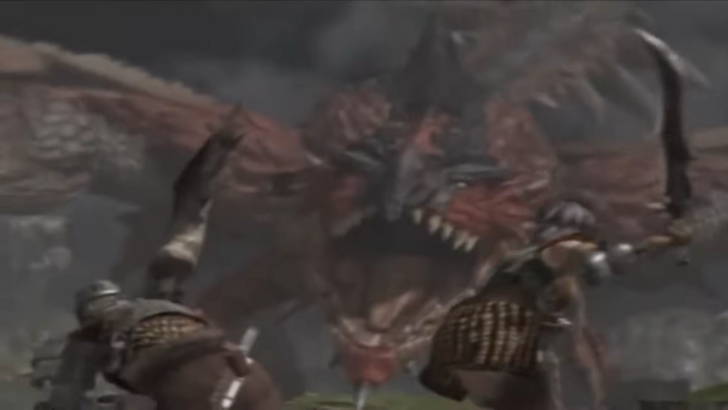
Most Monster Hunter games follow a similar structure: a fledgling hunter accepts quests from village elders, gradually progressing to hunt increasingly formidable monsters, ultimately becoming the village's top-ranked hunter. This progression, culminating in a final showdown with the game's ultimate boss (like Fatalis in Monster Hunter 1), forms the core gameplay loop. Even with the enhanced storytelling in recent installments, this fundamental structure remains. However, games like World, Rise, and their expansions offer more cohesive and engaging narratives.
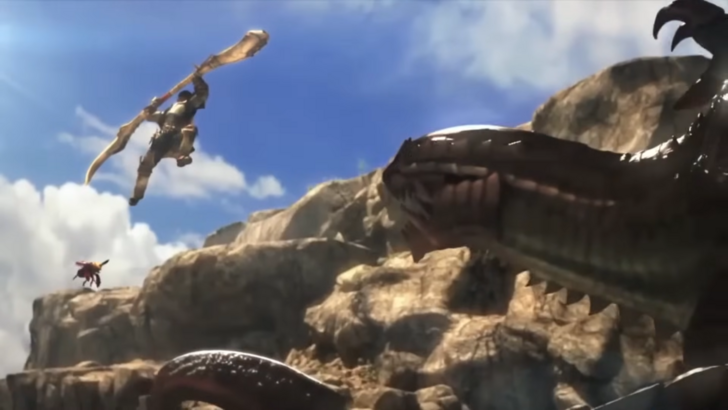
The series often portrays hunters as crucial elements in maintaining ecological balance. Monster Hunter 4 (MH4), for example, highlights the Gore Magala and its Frenzy Virus, a devastating plague threatening the entire ecosystem. The hunter's role is clear: eliminate the threat to restore balance. However, Monster Hunter: World and Iceborne offer a more nuanced perspective.
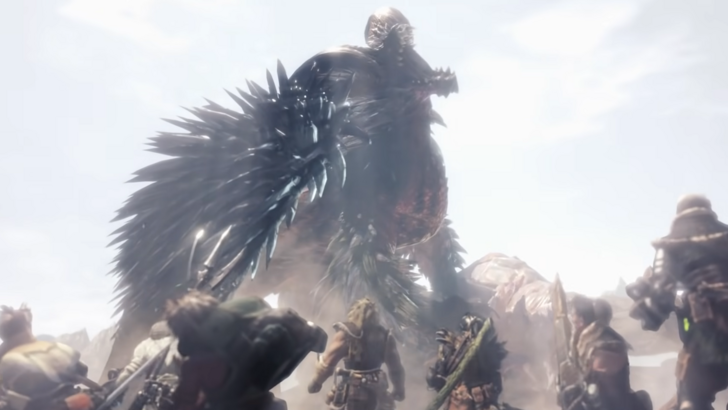
Iceborne's ending reveals that while humans strive to restore balance, nature operates on its own terms. Nergigante's role as a natural force of equilibrium challenges the human-centric view. The base game's ending hails the hunter as the "Sapphire Star," a guiding light linked to the in-game creation myth, "The Tale of the Five." This implies the Research Commission accepts its role as a guardian of the New World, guided by the hunter.

Iceborne's conclusion provides a counterpoint, suggesting the Research Commission has much to learn about nature's resilience and self-regulating mechanisms. This juxtaposition highlights nature's capacity to thrive even without human intervention, reflecting real-world ecological principles. This thematic depth adds layers to what initially appears as simple monster hunting. But how do the monsters themselves perceive the hunter?
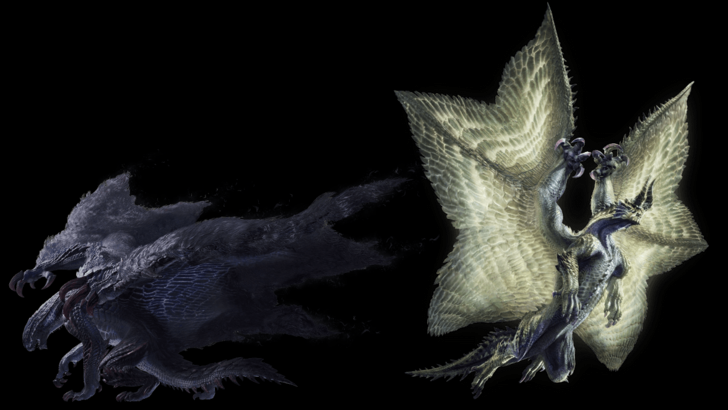
In MH4, the Gore Magala's evolution into the Shagaru Magala mirrors the hunter's own progression through the game. This suggests a reciprocal learning process between hunter and monster.
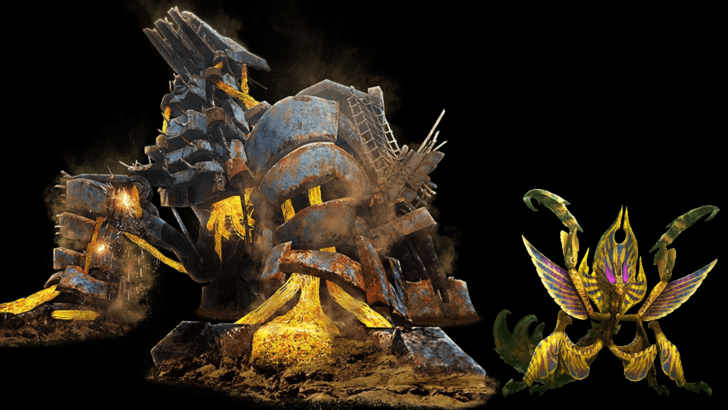
The Ahtal-Ka, the final super boss of Monster Hunter Generations Ultimate, exemplifies this thematic mirroring. This colossal insect utilizes hunter-like weaponry and constructs, showcasing an adaptation to the hunter's strategies. Its use of Dragonators and other battlefield elements demonstrates a remarkable mimicry of human ingenuity. This unique monster serves as a powerful symbol of nature's adaptive capacity, even in the face of persistent human challenges. One could even speculate on its influence on Monster Hunter Rise's Silkbind moves.
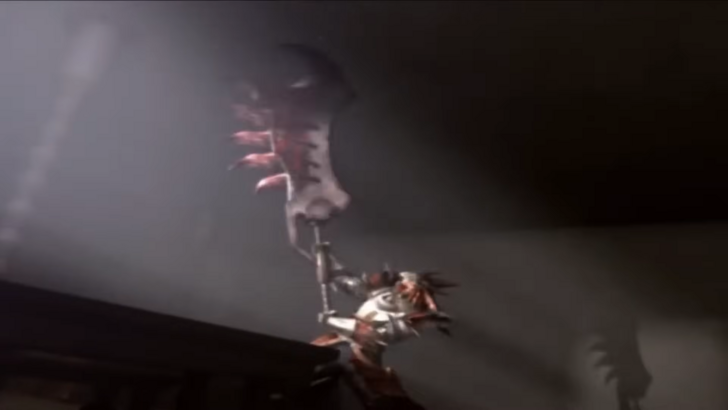
Ultimately, Monster Hunter is about the player's personal journey of growth and mastery. While the series' narratives vary in complexity, they consistently emphasize the player's development and the challenges overcome. The initial encounter with the Tigrex in Monster Hunter Freedom 2, for instance, establishes a clear objective: to overcome the monster that nearly ended the hunter's career.
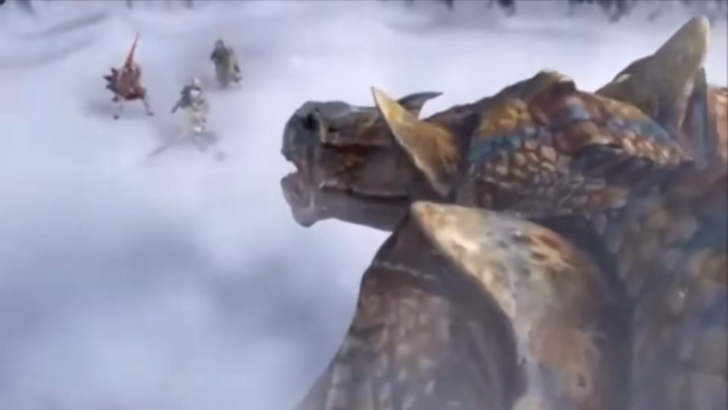
Later encounters with the same monster highlight the hunter's progress. This creates a compelling personal narrative, even within the game's straightforward mission structure. The sense of accomplishment in overcoming seemingly insurmountable challenges mirrors the satisfaction found in games like the Souls series.
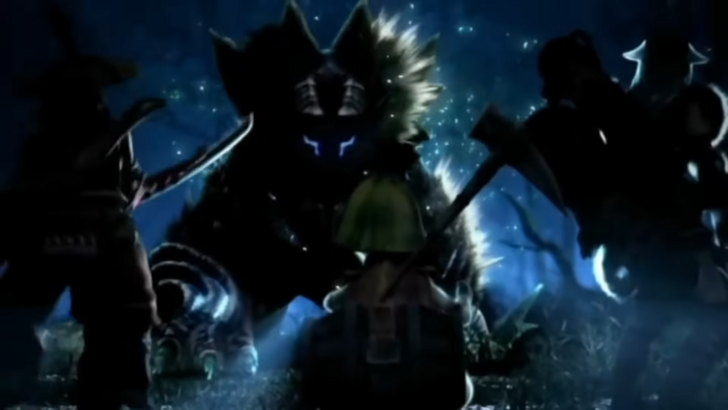
While newer installments like Wilds are shifting towards more prominent narratives, the core appeal of Monster Hunter remains its focus on personal growth and the thrilling challenges of overcoming formidable foes. The series may not always boast the most intricate storylines, but it effectively weaves the player's experience into a memorable and engaging narrative.
 LATEST ARTICLES
LATEST ARTICLES